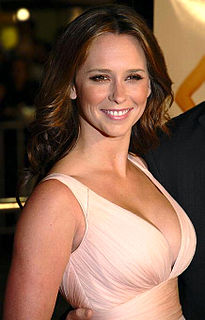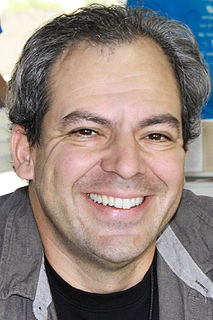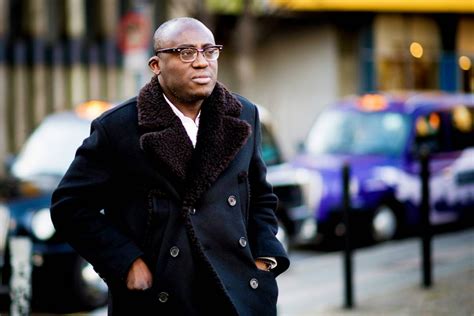A Quote by Kelly McCreary
Entertainment is one of America's greatest exports. And the stories that we tell about people inform the world about how to think about people.
Related Quotes
I do think that even with entertainment and telling stories, people in the entertainment industry have such a beautiful position in the world to speak about things that they're passionate about in a way that can grab people more than just sitting and telling someone about something, because you can show it visually.
Think about all the great leaders. Think about Obama. Think about Clinton. Think about Nelson Mandela. Think about all the people that we know who are very successful in business, in politics and religion. What are they? They tell purposeful stories. They move people to action by aiming at the heart.
The news is a public service. It's a way to inform people of what's going on in their world. And when you make it about ratings and make it about ad dollars, there's no incentive to inform people. The incentive is to be sensationalistic and get as many people to watch as you can without any regard for truth or objectivity.
Humans are kind of story-propagating creatures. If you think of how we spend our days, think of all the time you spend on entertainment. How much of your entertainment centers around stories? Most pieces of music tell stories. Even hanging out with your friends, you talk, you tell stories to each other. They're all stories. We live in stories.
What I think is great about Pippin, specifically, and I wouldn't make this generalization about all musicals, is that it is about how we tell stories and the way stories are very subjective. How we tell some things and leave other things out in the way The Princess Bride is or The Wizard of Oz is, which both have a framing device.
Many people don’t realize the extent to which stories influence our behavior and even shape our culture. Think about how Bible stories teach the fundamentals of religion and rules of conduct. Think of the fables and parables that molded your values. Think of how stories about your national, cultural or family history have shaped your attitudes about yourself and others.
Listening is terribly important if you want to understand anything about people. You listen to what they say and how they say it, what they share and what they are reticent about, what they tell truthfully and what they lie about, what they hope for and what they fear, what they are proud of, what they are ashamed of. If you don't pay attention to other people, how can you understand their choices through time and how their stories come out?
Each of us is comprised of stories, stories not only about ourselves but stories about ancestors we never knew and people we've never met. We have stories we love to tell and stories we have never told anyone. The extent to which others know us is determined by the stories we choose to share. We extend a deep trust to someone when we say, "I'm going to tell you something I've never told anyone." Sharing stories creates trust because through stories we come to a recognition of how much we have in common.
It concerns me when people frame the conversation about equal pay about the entertainment business. I don't want the wage gap issue to be viewed as this myopic problem, because it's not. It's in 98 percent of all businesses, and it's easy for people to dismiss this conversation when they think it's around white women entertainers. But this is about all women in America.




































